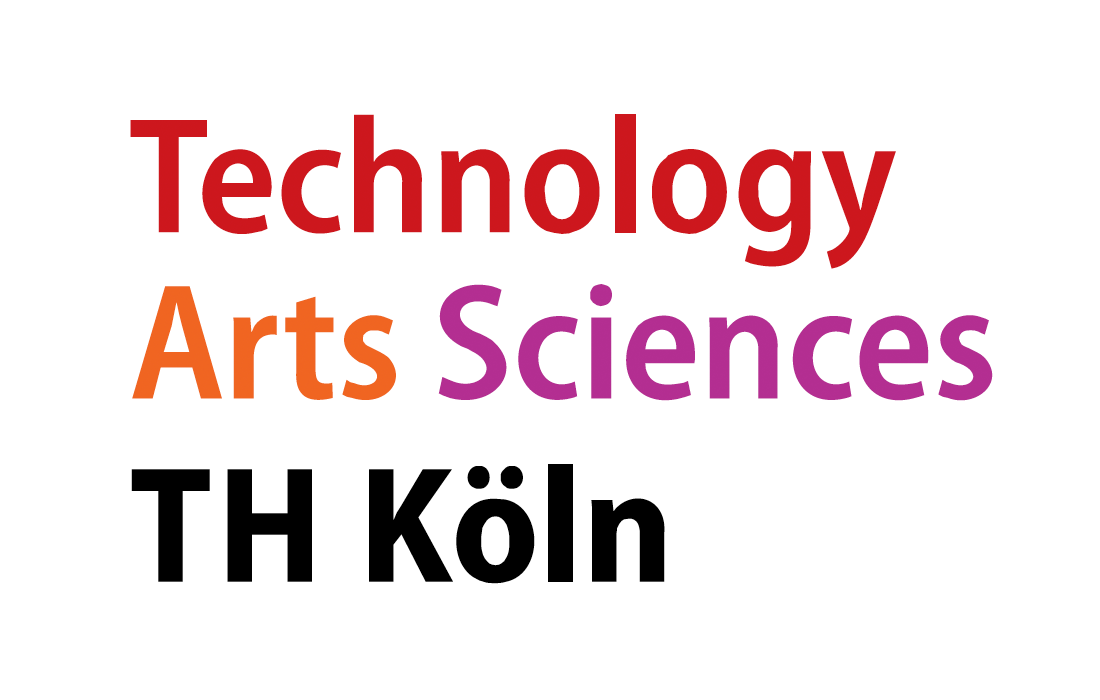Beitrag zu Handlungsfeldern
Nachfolgend ist die Zuordnung des Moduls zu den Handlungsfeldern des Studiengangs aufgeführt, und zwar als anteiliger Beitrag (als ECTS und inhaltlich). Dies gibt auch Auskunft über die Verwendbarkeit des Moduls in anderen Studiengängen und über die Beziehung zu anderen Modulen im selben Studiengang.
| Handlungsfeld |
ECTS (anteilig) |
Modulbeitrag zum Handlungsfeld |
| Generating and Accessing Knowledge |
3 |
Process Mining provides methods to enable automated process analysis with the help of event data
|
| Empowering Business |
2 |
Process Mining ensures continuous transparency over extensive process sequences
|
| Acting Responsibly |
1 |
Processes being mined are carried out by people. Hence, dealing with their data and the corresponding knowledge generating methods is something to be done responsibly acounting for privacy and security and keep the man in the loop.
|
Learning Outcome
Process Mining provides methods to enable automated process analysis with the help of event data (EventLog data) with
the aim of uncovering the actual course of critical processes, checking them for consistency and optimizing procedures. This is achieved by identifying bottlenecks and weak points, taking into account roles or resources as well as processing times. In this way, Process Mining ensures continuous transparency over extensive process sequences. Process Mining is also used in scientific research.
The student can use Process Mining to analyze EventLog data, which are generated by IT systems in the context of business processes,
by applying the three process mining procedures Discovery, Conformance and Enhancement to this data, drawing conclusions about the underlying processes and iteratively reslicing and re-analysing the EventLog data,
in order to check processes of all kinds for their consistency, efficiency and effectiveness, to identify bottlenecks as well as resource problems and thus to work towards process-oriented business process management as well as business process modeling and the associated change management.
Inhaltliche Beschreibung des Moduls
- Introduction to processes
- (Business) process modeling (BPM)
- Basics of Process Mining (PM)
- Differentiation from BPM and Data Mining
- Graphs and Petri nets
- Workflow Networks
- Causal networks
- Process trees
- Process of the PM
- Discovery
- Conformance
- Enhancement
- PM Software
- exercises
- Real business PM analyses
- Lecture
- Exercises and use cases
- Accompanying project work by analyzing data sets
Zur Verfügung gestelltes Lehrmaterial
- List of selected literature and web resources
- Lecture slides
- Exercises and tutorials
- Example data sets
- PM Software
Weiterführende Literatur
- van der Aalst, Wil M. P. (2004): Discovering Coordination Patterns using Process Mining
- Accorsi, Rafael; Ullrich, Meike; van der Aalst, Wil M. P. (2012): Process Mining. In: Informatik Spektrum 35 (5), S. 354–359. DOI: 10.1007/s00287-012-0641-4
- Ailenei, Irina; Rozinat, Anne; Eckert, Albert; van der Aalst, Wil M. P. (2012): Definition and Validation of Process Mining Use Cases. In: Florian Daniel, Kamel Barkaoui und Schahram Dustdar (Hg.): Business Process Management Workshops, Bd. 99. Berlin, Heidelberg: Springer Berlin Heidelberg (Lecture Notes in Business Information Processing), S. 75–86
- Aleem, Saiqa; Capretz, Luiz Fernando; Ahmed, Faheem: Business Process Mining Approaches: A Relative Comparison. In: International Journal of Science. Online verfügbar unter http://arxiv.org/pdf/1507.05654v1
- van der Aalst, Wil (2012): Process Mining. In: ACM Trans. Manage. Inf. Syst. 3 (2), S. 1–17. DOI: 10.1145/2229156.2229157
- van der Aalst, Wil M. P. (2013b): Decomposing Petri nets for process mining: A generic approach. In: Distrib Parallel Databases 31 (4), S. 471–507. DOI: 10.1007/s10619-013-7127-5
- Vom Brocke, Jan; Rosemann, Michael (2010): Handbook on Business Process Management 1. Berlin, Heidelberg: Springer Berlin Heidelberg
